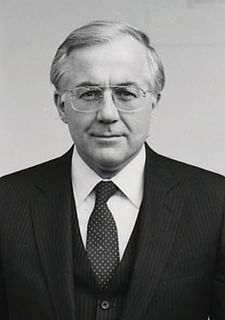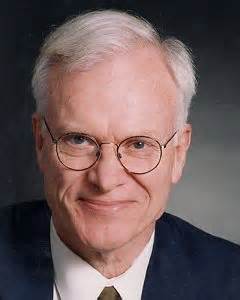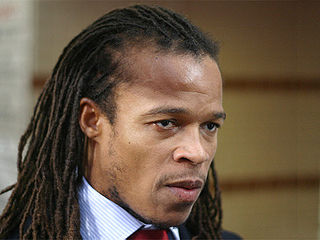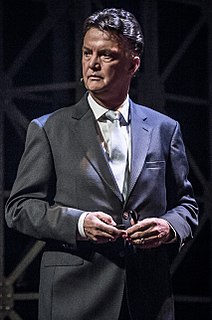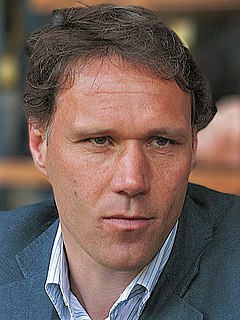A Quote by Herman Bavinck
We can shed some light on the possibility of the fall, but the transition to the actuality of it remains shrouded in darkness. Scripture makes not so much a single effort to render this transition understandable
Related Quotes
What people that are professionals in the art world - both in literature and the other arts - always try to do is to recognize the feasibility of making the transition from the particular to the general - to make the transition from the portrait of one postman - to take Van Gogh, for example, to something that is every postman. That synecdotal transition that most selfies don't make. But we who live in this world, and not simply in our private realities, understand that that's the transition our art has to make.
I think people look at revolution too much in terms of power. I think revolution has to be seen more anthropologically, in terms of transitions from one mode of life to another. We have to see today in light of the transition, say, from hunting and gathering to agriculture, and from agriculture to industry, and from industry to post-industry. We're in an epoch transition.
It isn't the changes that do you in, it's the transitions. Change is not the same as transition. Change is situational: the new site, the new boss, the new team roles, the new policy. Transition is the psychological process people go through to come to terms with the new situation. Change is external, transition is internal
Change is situational. Transition, on the other hand, is psychological. It is not those events, but rather the inner reorientation or self-redefinition that you have to go through in order to incorporate any of those changes into your life. Without a transition, a change is just a rearrangement of the furniture. Unless transition happens, the change won't work, because it doesn't 'take'.
All the things you need in the death transition, you need now in the life transition, because life is a transition, it is a between state. Therefore, every night when you fall asleep, it's like you die. And every time you do, you should be using the process of falling asleep as giving up your attention to sense objects, your discursive ruminating thoughts and so on. You should use that as a process of giving up and giving yourself completely to the universe and becoming completely obliterated.
The difference between the "natural" individuation process, which runs its course unconsciously, and the one that is consciously realized is tremendous. In the first case, consciousness nowhere intervenes; the end remains as dark as the beginning. In the second case, so much darkness comes to light that the personality is permeated with light and consciousness necessarily gains in scope and insight. The encounter between conscious and unconscious has to ensure that the light that shines in the darkness is not only comprehended by the darkness, but comprehends it.


